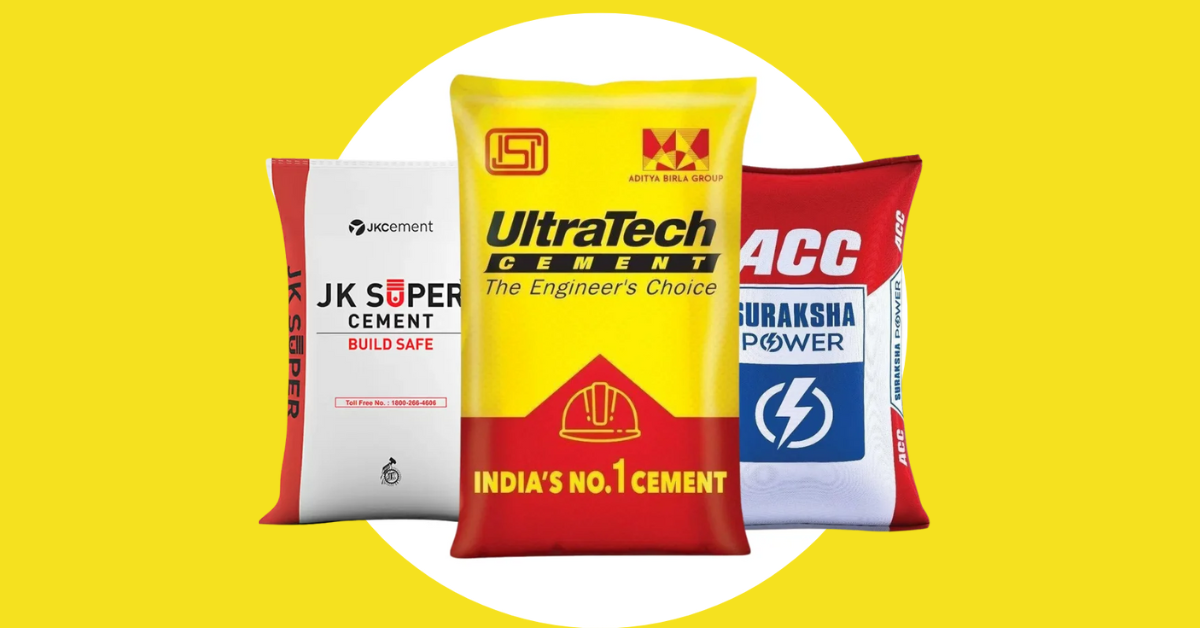Understanding Non Trade Cement Quality: A Comprehensive Guide
Non Trade Cement Quality: When it comes to construction projects, choosing the right cement plays a pivotal role in ensuring durability and strength. Non trade cement, often preferred for large-scale projects and bulk purchases, has gained popularity due to its cost-effectiveness. However, ensuring non trade cement quality is essential to achieve the desired outcomes. This article delves into the factors that define the quality of non trade cement and how to make an informed choice.
What is Non Trade Cement?
Non trade cement refers to cement sold directly to bulk buyers such as contractors, builders, and infrastructure developers, bypassing the retail distribution chain. This type of cement is typically used for high-volume applications, offering competitive pricing and meeting specific project requirements.
Key Factors Influencing Non Trade Cement Quality
- Raw Materials and Manufacturing Process The quality of raw materials, such as limestone and clay, and the precision of the manufacturing process significantly impact cement quality. Opt for brands with stringent quality control measures and modern manufacturing facilities to ensure consistent quality.
- Grade of Cement Non trade cement is available in different grades, such as OPC (Ordinary Portland Cement) and PPC (Portland Pozzolana Cement). The choice of grade depends on the application. Ensure the cement grade aligns with your project’s requirements to achieve optimal results.
- Strength and Durability High-quality non trade cement should meet the required compressive strength standards. Check for certifications and lab test results that guarantee the cement’s ability to withstand pressure and environmental factors over time.
- Packaging and Storage Proper packaging prevents moisture ingress, which can compromise cement quality. Look for cement packed in moisture-resistant bags and ensure it is stored in a dry environment to maintain its properties.
- Adherence to Standards Always verify that the non trade cement complies with industry standards and certifications, such as BIS (Bureau of Indian Standards) or other relevant authorities in your region. Compliance ensures reliability and performance.
Tips for Ensuring Non Trade Cement Quality
- Purchase from Trusted Suppliers: Collaborate with reputable manufacturers or suppliers known for their commitment to quality.
- Request Quality Certifications: Always ask for documentation that validates the cement’s quality and compliance with standards.
- Inspect Before Use: Conduct on-site tests, such as fineness, consistency, and setting time tests, to verify the cement’s quality before application.
- Monitor Shelf Life: Use cement within its shelf life to avoid reduced performance due to prolonged storage.
Why Non Trade Cement Quality Matters
The quality of cement directly impacts the structural integrity, longevity, and safety of any construction project. Compromising on quality can lead to costly repairs, safety hazards, and premature deterioration of structures. By prioritizing non trade cement quality, you ensure that your project stands the test of time.
Conclusion
Non trade cement offers significant advantages in terms of cost and availability, but its quality must never be overlooked. By understanding the factors that influence non trade cement quality and following best practices, you can make an informed decision that guarantees the success of your construction endeavors. Always prioritize quality over cost to achieve structures that are durable, safe, and reliable.







